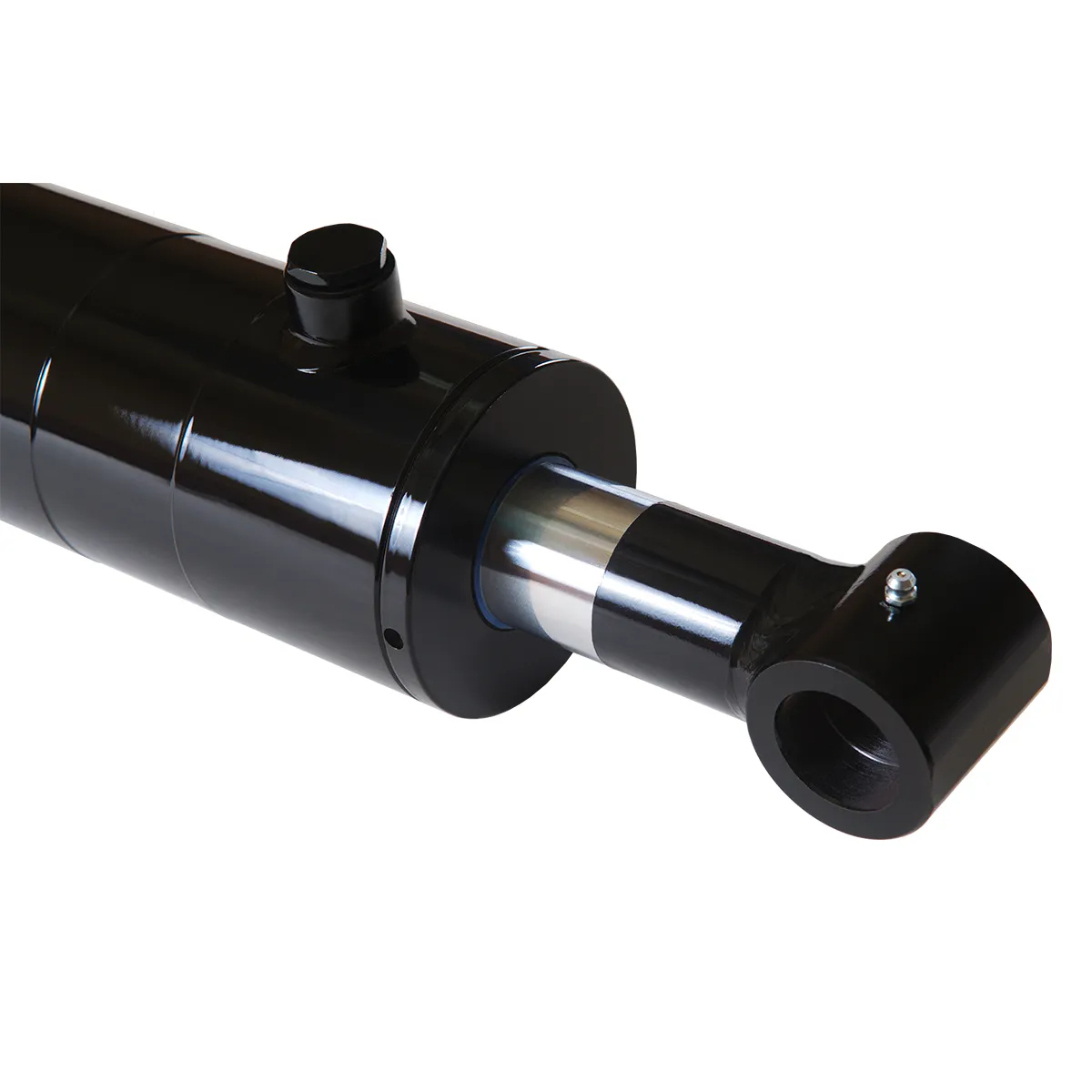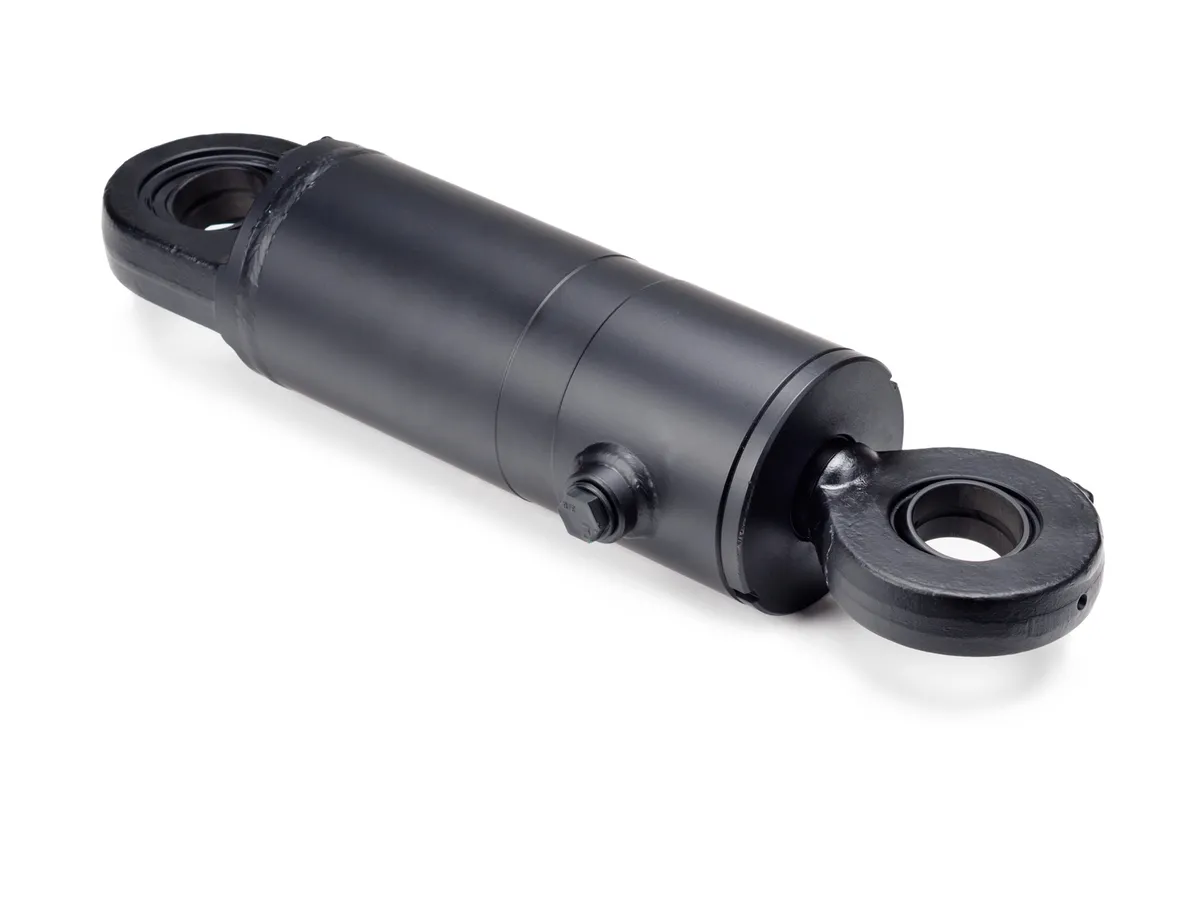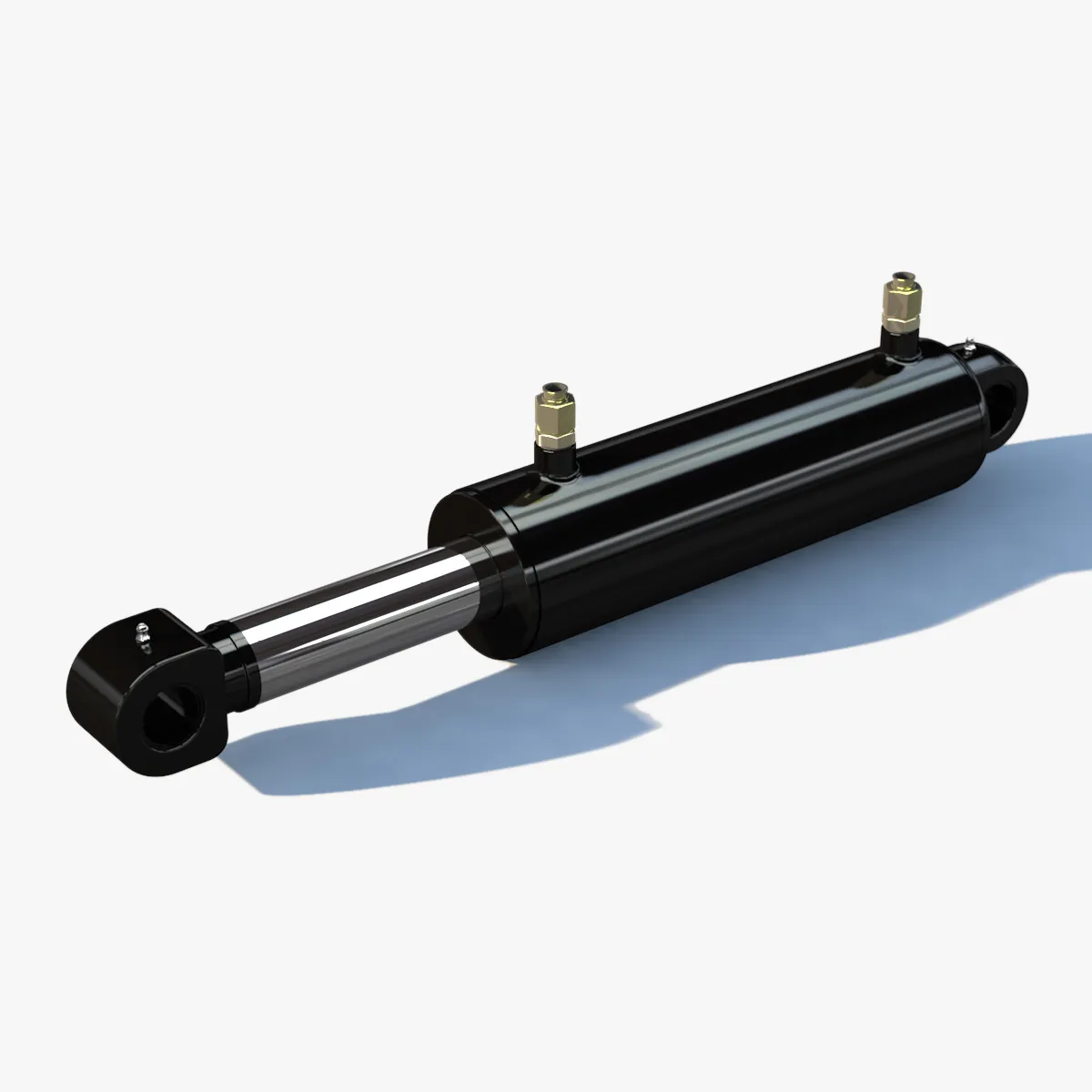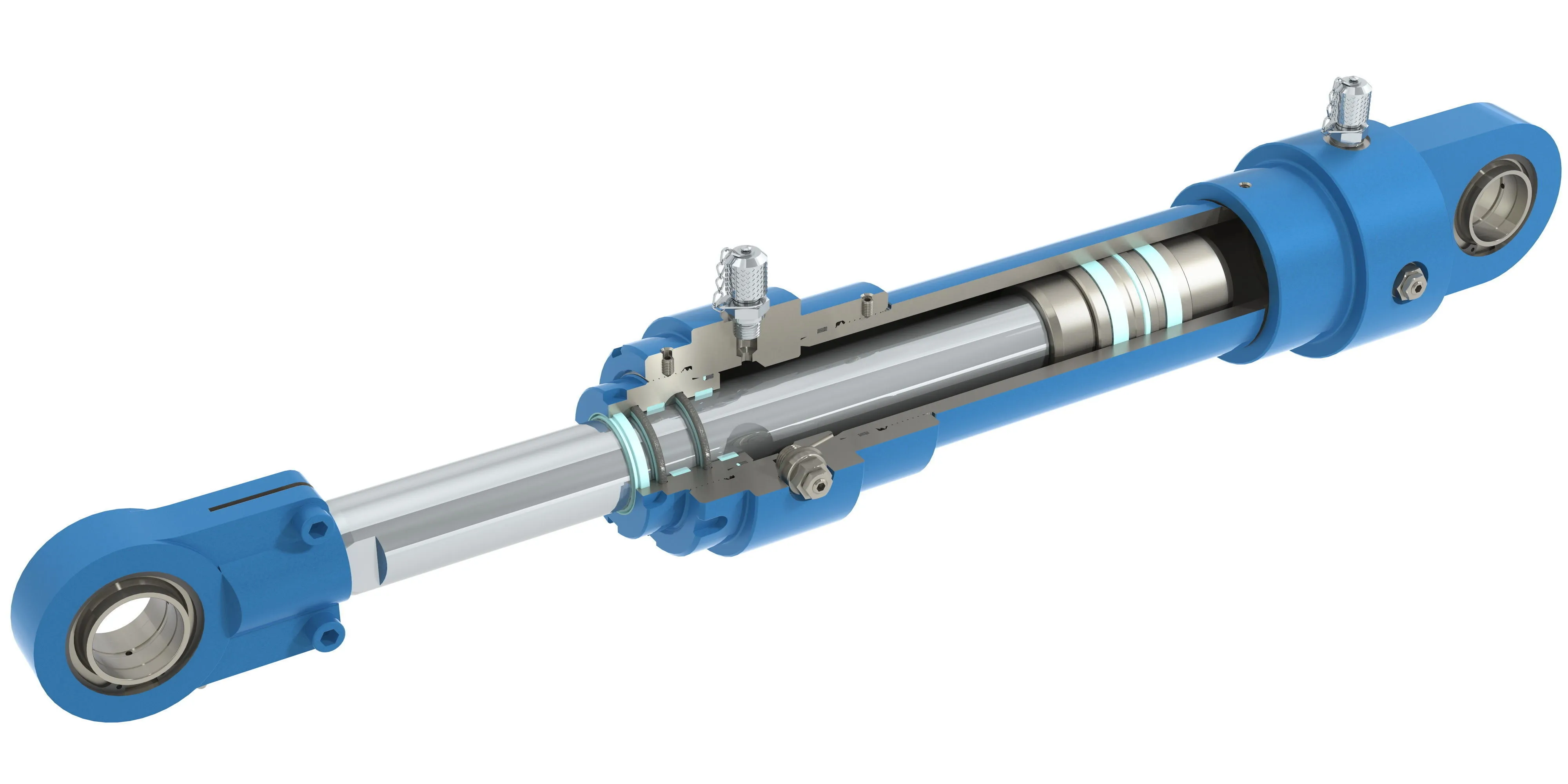Synchronized Welded Hydraulic Cylinders In Oil And Gas Exploration
Introduction to Synchronous Welding Hydraulic Cylinder
When it comes to oil and gas exploration, the use of synchronized welded hydraulic cylinders plays a crucial role in ensuring the efficiency and safety of hydraulic systems. These cylinders are designed with precision and durability in mind, making them ideal for demanding applications in the oil and gas industry.
Design and Construction Characteristics
- Easy Structure: The materials used and the welding technology
- Geometry: Synchronized design considerations
- Sealing Systems: The importance of sealing for performance and reliability
The design of synchronized welding hydraulic cylinders encompasses high-strength welding and seamless welding techniques to ensure the joint strength and stability of the overall structure. Precision machining and synchronous design considerations further enhance the performance of these cylinders.
Working Principle
The working principle of synchronized welding hydraulic cylinders involves the transfer of force through liquid, piston movement, workload distribution, and efficient sealing systems. These cylinders operate based on hydraulic principles to ensure precise and synchronous movement.
Types of Synchronized Welded Hydraulic Cylinders
There are three main types of synchronized welded hydraulic cylinders, each offering unique configurations and capabilities for different applications in oil and gas exploration.
Key Advantages
- High Strength and Durability
- Precise Synchronous Movement
- Reduced Footprint
- Low Maintenance Requirements
- Better Fatigue Resistance
Performance Characteristics

The performance characteristics of synchronized welded hydraulic cylinders include high-precision control, fast response speed, uniform load distribution, vibration reduction, durability, and efficient sealing for various working conditions.
Application Scenarios

These cylinders find applications in construction engineering, agricultural machinery, manufacturing automation, mining equipment, and marine engineering, providing synchronized control and efficiency in diverse environments.
Design Considerations and Selection Criteria
When selecting synchronized welded hydraulic cylinders, factors such as bearing capacity, sealing, durability, safety, and maintainability should be carefully considered to ensure optimal performance in oil and gas exploration operations.
Sealing and Lubrication
Proper sealing and lubrication are essential for the efficient operation of synchronized welded hydraulic cylinders. Various seals and wear-resistant materials are used, along with regular maintenance practices to ensure longevity and performance.
Regular Inspection and Preventive Maintenance
Implementing regular inspection and preventive maintenance measures is key to ensuring the reliability and longevity of synchronized welded hydraulic cylinders in oil and gas exploration applications.
Installation Guide
Follow the correct installation procedures to ensure the optimal functioning of synchronized welded hydraulic cylinders in oil and gas exploration environments.
Maintenance Tasks
Regular inspection, proper lubrication, seal replacement, and calibration checks are essential maintenance tasks to prolong the service life of synchronized welded hydraulic cylinders.
Safety Considerations
Emphasize safety measures and environmental factors when using synchronized welded hydraulic cylinders to prevent accidents and ensure the protection of personnel and equipment.
Fault Diagnosis and Common Problems
Understanding common faults and problems associated with synchronized welded hydraulic cylinders can help in diagnosing issues and implementing effective solutions to maintain operational efficiency.
FAQs
How do synchronized hydraulic cylinders improve system performance?
Synchronized hydraulic cylinders enhance system performance by providing precise and synchronous movement, ensuring efficiency and safety in operations.
What are the primary advantages of using welded cylinders over bolted designs?
The key advantages of welded cylinders include high strength, durability, reduced maintenance requirements, better fatigue resistance, and compact design for space-saving installations.
What materials are typically used in the construction of these cylinders?
High-strength materials and advanced welding techniques are commonly used in the construction of synchronized welded hydraulic cylinders to ensure robustness and longevity.

Long-Tail Keywords

- Synchronized Welded Hydraulic Cylinder Design
- Efficient Sealing in Hydraulic Cylinders
- Durability and Reliability in Hydraulic Systems
Our Company
We are a leading hydraulic cylinder replacement manufacturer with a comprehensive product line and a strong presence in the domestic and international markets. Our company focuses on professionalism, international certifications, customized services, advanced production equipment, and reliable after-sales support to meet the diverse needs of our clients.
Author: lyl
